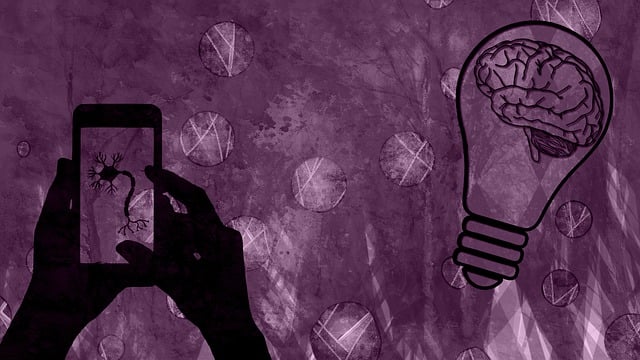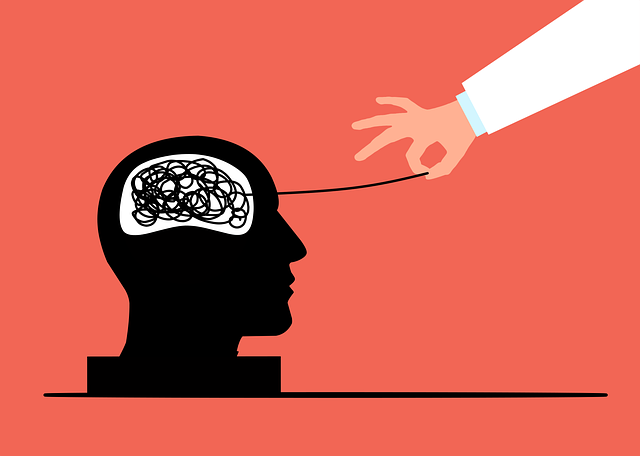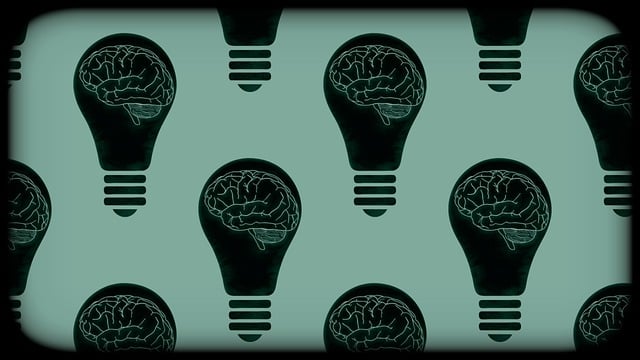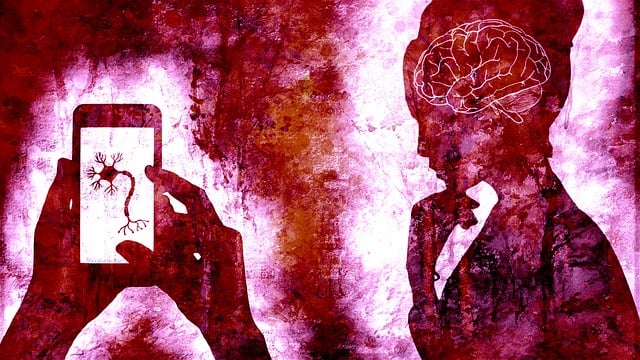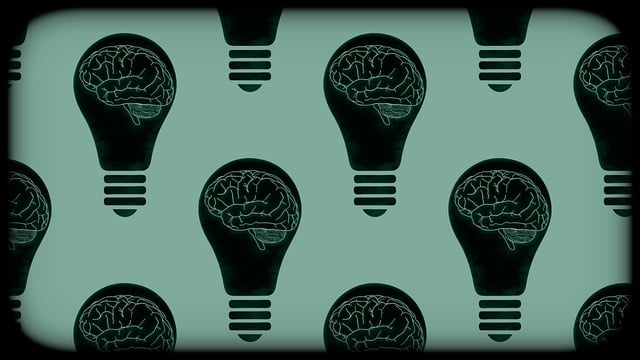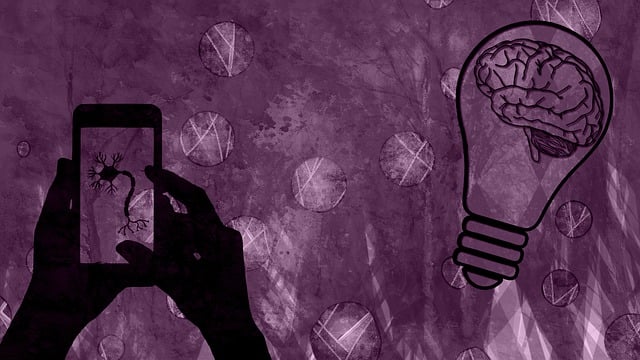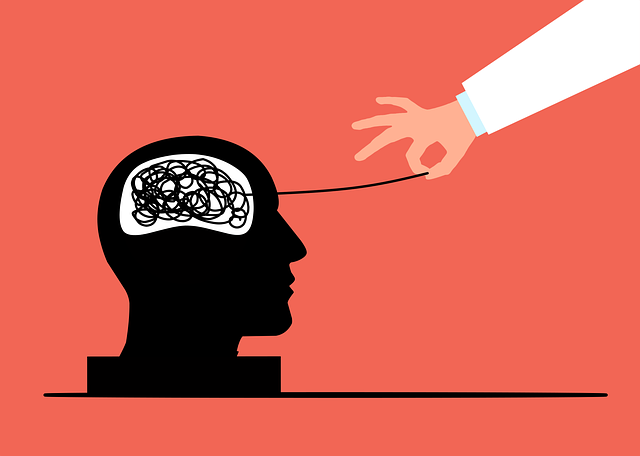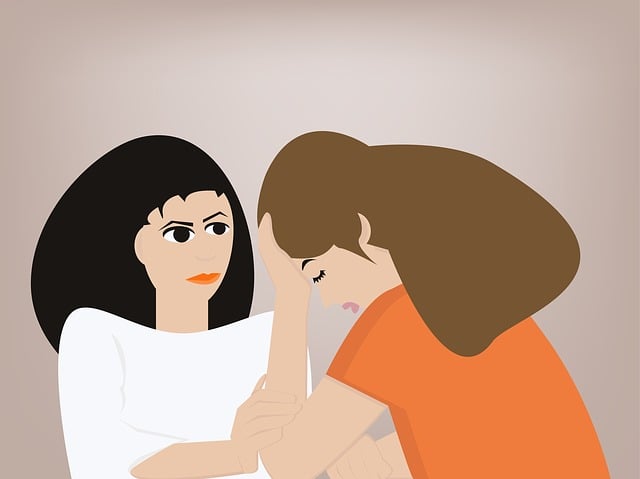Mental Health Crisis Hotlines provide 24/7 support for acute mental health challenges, with Lone Tree Hypnosis Therapy offering specialized Mental Wellness Coaching and a podcast series to increase community understanding. They use hypnosis to deliver immediate anxiety relief and help individuals access their subconscious minds to address underlying issues. The hotlines, often confidential and anonymous, connect people to skilled professionals who offer empathetic listening, de-escalation techniques, and tailored solutions, empowering them to navigate the complex landscape of mental health care effectively.
In today’s fast-paced world, mental health crises are a pressing concern. Understanding Mental Health Crisis Hotlines: A Lifeline for Many explores the critical role these services play in providing immediate support. The article delves into the specific contributions of Lone Tree Hypnosis Therapy as a pioneering approach to crisis intervention. Additionally, it guides readers on accessing these services effectively and highlights essential training resources for both volunteers and professionals. By empowering individuals with knowledge, we can ensure better crisis management.
- Understanding Mental Health Crisis Hotlines: A Lifeline for Many
- The Role of Lone Tree Hypnosis Therapy in Crisis Support
- How to Access and Utilize These Services Effectively
- Training and Resources for Volunteers and Professionals
Understanding Mental Health Crisis Hotlines: A Lifeline for Many

Mental Health Crisis Hotlines serve as a vital lifeline for individuals facing acute mental health challenges. These 24/7 services provide immediate support, offering a safe and non-judgmental space for people to express their struggles. Whether it’s depression, anxiety, trauma, or suicidal ideation, trained professionals answer the line, ready to listen and guide users towards appropriate resources.
Lone Tree Hypnosis Therapy, among other mental wellness providers, plays a crucial role in this network by offering specialized support tailored to unique needs. Their expertise encompasses Mental Wellness Coaching Programs Development, designed to empower individuals with coping strategies. Additionally, they contribute to the broader community through Mental Wellness Podcast Series Production, sharing valuable insights and Empathy Building Strategies to foster understanding and compassion among listeners.
The Role of Lone Tree Hypnosis Therapy in Crisis Support

Lone Tree Hypnosis Therapy offers a unique and effective approach to crisis support, providing an alternative method of care that complements traditional mental health services. In moments of extreme distress, individuals often require immediate relief from anxiety symptoms, and hypnosis can offer exactly that. This therapeutic technique helps people achieve a state of deep relaxation, allowing them to access their subconscious minds and address underlying issues contributing to the crisis.
By utilizing hypnosis, professionals at Lone Tree Hypnosis Therapy assist clients in managing intense emotions, reducing stress, and gaining clarity during a mental health crisis. The process enables individuals to explore and resolve conflicts within themselves, fostering healthier coping mechanisms. Moreover, this form of therapy can aid in the risk assessment process for mental health professionals by offering insights into an individual’s mindset, helping them make informed decisions and providing valuable data for comprehensive care planning.
How to Access and Utilize These Services Effectively

Accessing mental health crisis hotline support services can seem daunting, but with the right approach, individuals can effectively utilize these valuable resources. The first step is to recognize when professional help is needed and not hesitate to reach out. Many hotlines offer confidential and anonymous consultations, ensuring privacy and fostering trust.
For those in need of specialized assistance, Lone Tree Hypnosis Therapy provides an innovative approach to mental health support. Their trained professionals can guide individuals through various stress reduction methods and offer a risk assessment for mental health professionals to ensure safe and effective practices. Engaging in these services allows individuals to gain access to a network of resources, including crisis intervention, counseling, and referral services tailored to their unique needs. By taking that initial step and reaching out, one can begin navigating the complex landscape of mental health care and ultimately find the support needed to manage and overcome crises.
Training and Resources for Volunteers and Professionals

Mental health crisis hotline support services thrive on a dedicated team of volunteers and professionals who are properly trained to handle sensitive situations. Organizations like Lone Tree Hypnosis Therapy offer comprehensive training programs that equip individuals with the necessary skills to provide effective assistance during times of distress. These sessions often include emotional intelligence workshops, trauma support services, and in-depth discussions on emotional healing processes.
Resources are also a critical component, providing volunteers with access to the latest research, therapeutic techniques, and crisis intervention strategies. Through ongoing training and exposure to diverse scenarios, professionals and volunteers learn to listen empathetically, de-escalate situations, and offer practical solutions. This ensures that those reaching out for help receive care that is both competent and compassionate, fostering a culture of support and recovery.
Mental health crisis hotline support services, including the vital role of organizations like Lone Tree Hypnosis Therapy, play a crucial part in our community’s well-being. By understanding how to access and utilize these resources effectively, we can ensure that those in need receive the immediate assistance they deserve. Volunteers and professionals alike can benefit from available training and resources, enabling them to offer compassionate and competent support during crises. Remember, recognizing the value of such services is a significant step towards fostering a healthier and more supportive society.

